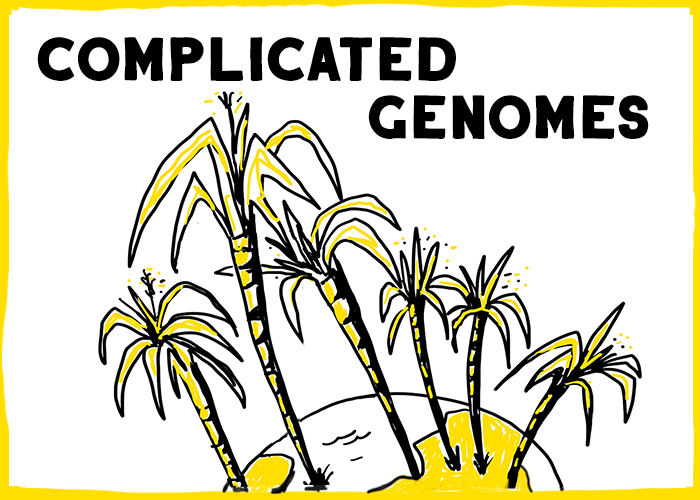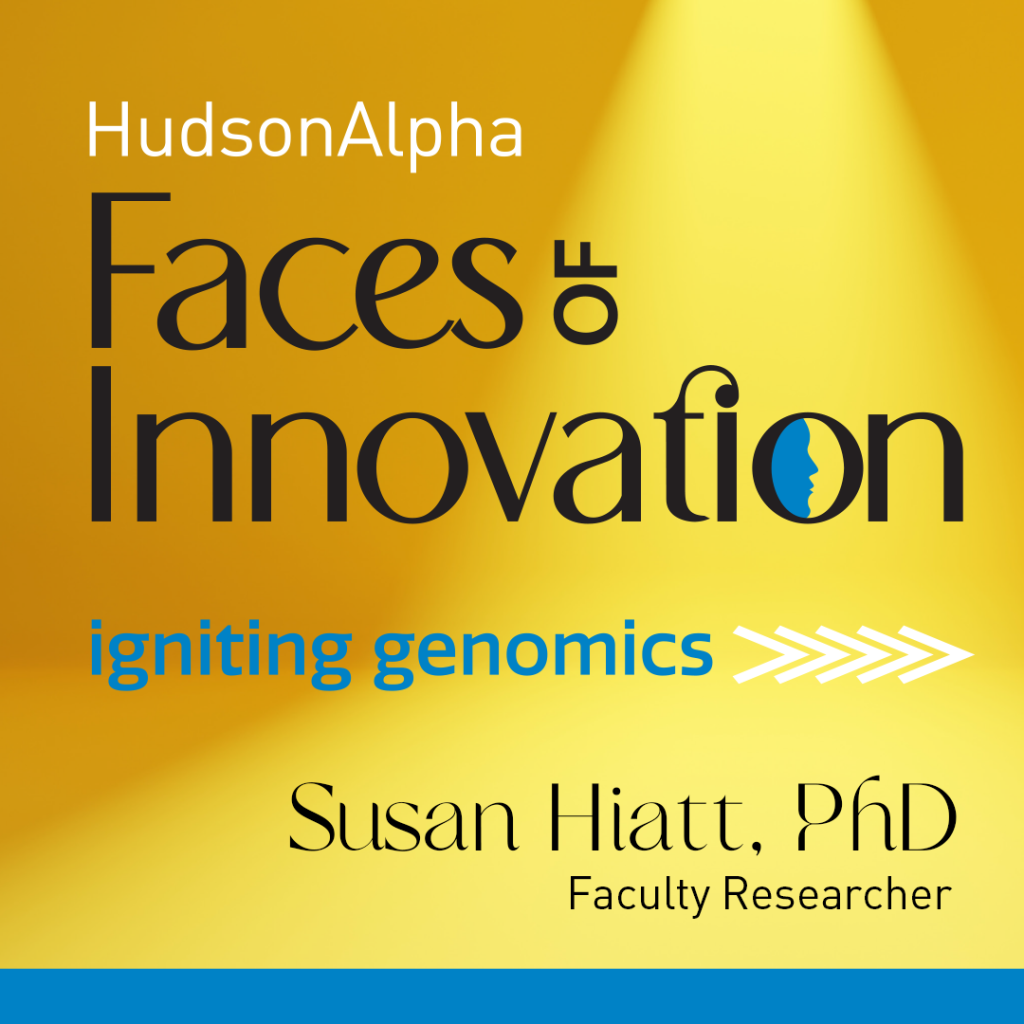Gov. Bob Riley announced today that Richard Myers, Ph.D., professor and chair of genetics at the Stanford University School of Medicine and director of the Stanford Human Genome Center, has accepted the position of director of the HudsonAlpha Institute for Biotechnology. Myers will transition from a consulting role over the next year before assuming the full-time position next fall. During the transition period he will continue as professor at Stanford and head of the Stanford Human Genome Center.
“It’s a matter of the perfect candidate finding the perfect opportunity to come home and build something unique, exciting and special—a nonprofit research institute that emphasizes high-throughput research tools and thrives on collaboration and cooperation of researchers in academia, industry and government,” said Riley. “I firmly believe that Dr. Myers will drive major contributions to the state, the country and humanity,” he added. The announcement event was held in Cummings Research Park, home to the 150-acre CRP Biotech Campus.
Myers, a Tuscaloosa, Ala., native and a founding member of the HudsonAlpha Scientific Advisory Board, will direct a team of investigators conducting genomics-based research to discover new treatments and tools for improved human health. “We’re deeply involved in genomics research aimed at improving human health, but also the use of genomics to study many other organisms — plants, animals and microorganisms — that are important for agriculture, the environment, energy and many other problems important in human endeavors,” said Myers.
“Whole-genome-based research is the future of medicine,” noted Jim Hudson, president of the Institute, “and Rick Myers is a big part of that future.” Hudson reflected that from the inception of the Human Genome Project to today’s post-project era, Myers has proven his mettle as an innovative, visionary scientist and leader.
U.S. Congressman Bud Cramer echoed those sentiments by adding, “Dr. Myers’ reputation and experience rank him among the world’s best scientists and researchers. He is ideal to lead our biotech efforts. I welcome him to North Alabama.”
Under Myers’ direction, the Stanford Human Genome Center extended the boundaries of high throughput DNA analysis to obtain the sequences of human chromosomes 5, 16 and 19, corresponding to more than 11 percent of the entire genetic content. His work identifying how genes are regulated at the genome level has led to a better understanding of human variation while the identification of several genes and their corresponding genetic mutations has provided insight into the genetic contribution to health and disease. Since the completion of the full human genome sequence in April 2003, Myers has been integral to the ongoing effort to identify the segments of DNA in the human genome that are important for making us healthy, functioning individuals. He has continued to apply genomic tools toward understanding human diseases, including inherited diseases of the brain and heart, and more recently, cancer.
In addition to his research, Myers participates in a wide variety of teaching, educational outreach and institutional and national service activities. Beneficial for the HudsonAlpha mission to engage primary and secondary students in biotechnology, at Stanford, Myers has helped establish partnerships with the San Jose Tech Museum and area public schools, creating exciting program materials to help youngsters envision themselves as the scientists of the future. He has also developed programs for the general public to increase understanding of the importance of scientific research and how it affects lives.
Myers has served on a variety of advisory panels and editorial boards, including the Advisory Council for the National Institutes of Health National Human Genome Research Institute (NHGRI), HapMap Advisory Committee and the Review Group for Large-scale DNA Sequencing Centers (also NHGRI), as well as the Biology and Biotechnology Program Advisory Committee for the U.S. Department of Energy. He is an editor of the genomics journal Genome Research published by Cold Spring Harbor Press.
Myers is the recipient of numerous awards including the Pritzker Foundation Award and the Wills Foundation Award. He also received the Blount Initiative Award and an honorary doctorate in humane letters from the University of Alabama, and was a Searle Scholar.
Prior to beginning his work at Stanford in 1993, Myers was on the faculty at the University of California at San Francisco.
In 1982, he earned a doctorate in biochemistry from the University of California at Berkeley with Robert Tjian and from 1982-1985 performed postdoctoral work at Harvard University with Tom Maniatis. Myers received his bachelor’s degree from The University of Alabama in 1977.



